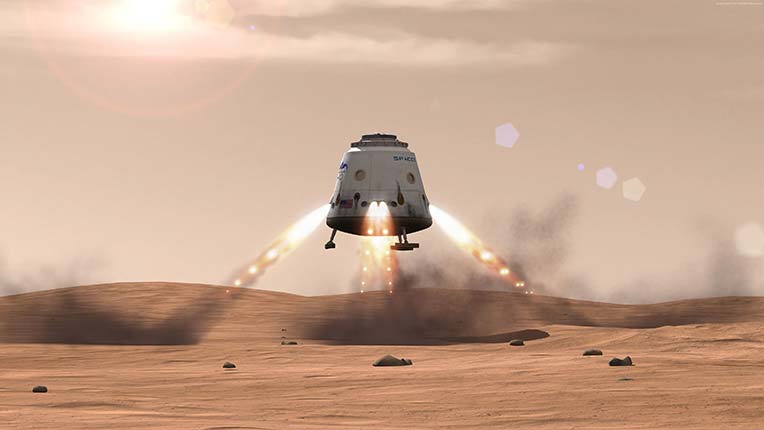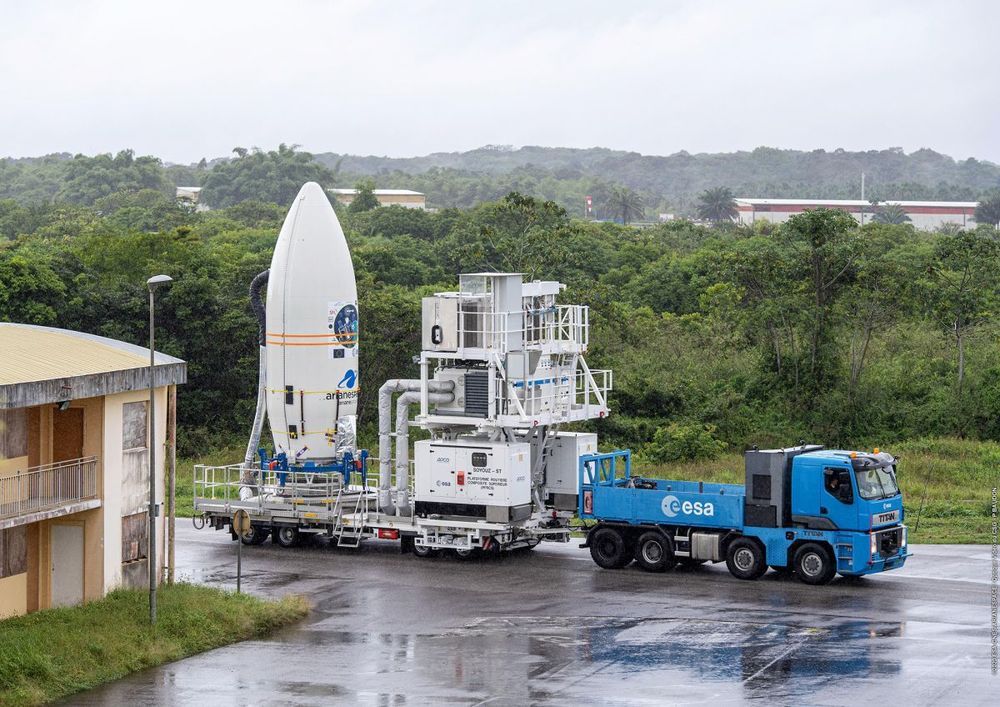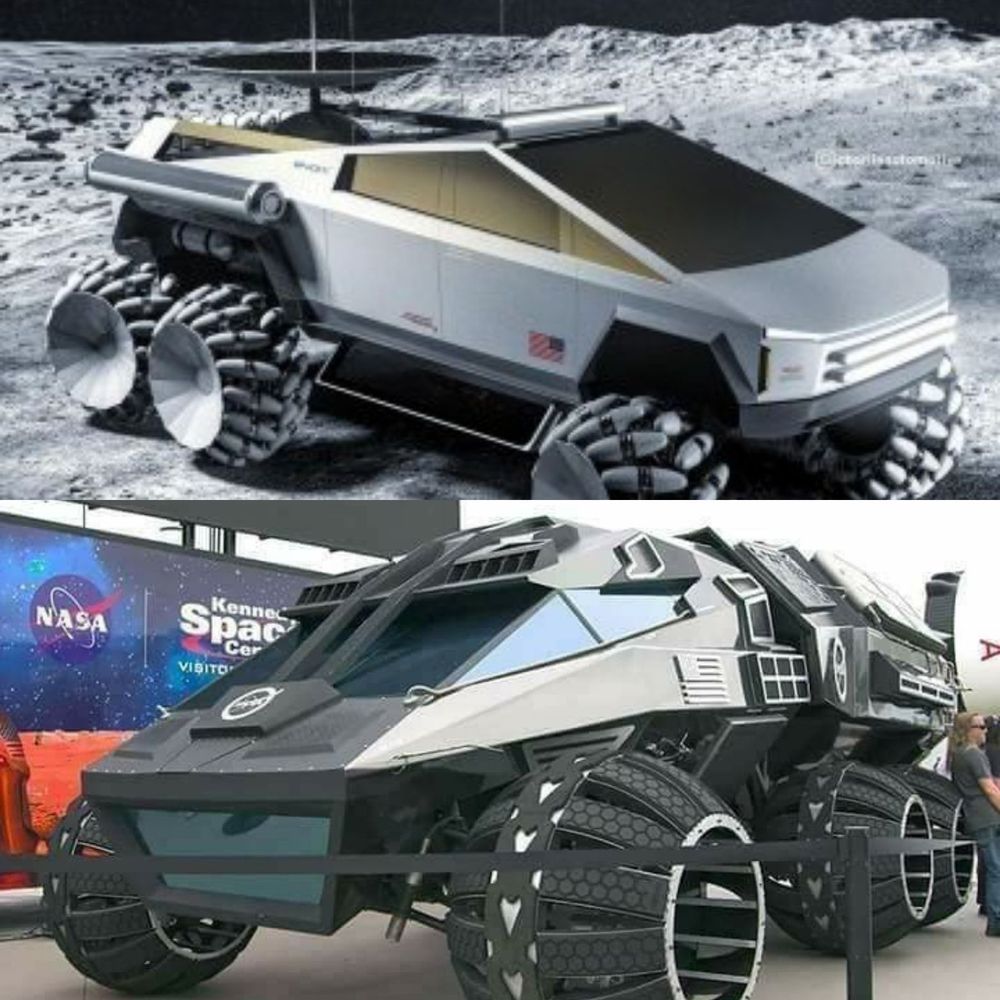Just playing around with the SpaceX footage from last nights SN6 hop. Enlarged and enhanced the video so we could zoom in on SN6 and the 2nd half of the video I slow it down X5.
Category: space travel – Page 322
Vimana: From Mythical Flying Chariots to Space Age Vehicles
Ira Pastor, ideaXme life sciences ambassador, interviews Mr. Evgeni Borisov, CEO and Co-founder of Vimana Global Inc.
Ira Pastor Comments:
A flying car is a type of personal air vehicle, or “road able” aircraft, that provides door-to-door transportation by both ground and air, and was a popular theme in fantasy and science fiction stories throughout the early 20th century.
One of the first debuts of a flying car was that of Henry Ford, back in 1926, when he displayed an experimental single-seat airplane.
There were a lot of attempts over the 20th century, but activity has ramped up significantly in the early 21st century, and several groups have brought us close to the true flying car ideal: a vertical take-off and landing (VTOL) aircraft that can hover, take off, and land vertically.
Vimana Global

NASA-Funded Scientist Claims New Thruster Could Approach Light Speed
“I was shocked at the huge increase in measured force,” Hal Fearn, close collaborator and physicist at California State University, Fullerton, told Wired.
Yet other researchers are still skeptical of the novel device.
“I’d say there’s between a 1-in-10 and 1-in-10,000,000 chance that it’s real, and probably toward the higher end of that spectrum,” Mike McDonald, an aerospace engineer at the Naval Research Laboratory in Maryland, told the magazine.

Quest to colonize space demands boost from biotechnology, synthetic biology
Over the last 12,000 years or so, human civilization has noticeably reshaped the Earth’s surface. But changes on our own planet will likely pale in comparison when humans settle on other celestial bodies. While many of the changes on Earth over the centuries have been related to food production, by way of agriculture, changes on other worlds will result, not only from the need for on-site production of food, but also for all other consumables, including air.
As vital as synthetic biology will be to the early piloted missions to Mars and voyages of exploration, it will become indispensable to establish a long-term human presence off-Earth, namely colonization. That’s because we’ve evolved over billions of years to thrive specifically in the environments provided by our home planet.
Our physiology is well-suited to Earth’s gravity and its oxygen-rich atmosphere. We also depend on Earth’s global magnetic field to shield us from intense space radiation in the form of charged particles. In comparison, Mars has only patches of localized magnetism, thought to be remnants of a global magnetic field in the distant past. Currently, the Red Planet has no global magnetic field that could trap particle radiation from interplanetary space. Also, the Martian atmosphere is so thin that any shielding against space radiation of any kind is minor compared with the protection that Earth’s atmosphere affords. At the Martian surface, atmospheric pressure never gets above 7 millibars. That’s like Earth at an altitude of about 27,000 m (89,000 ft), which is almost the edge of space. And while the moon’s proximity to Earth could make it a better location than Mars for the first off-world colony, the lunar radiation environment is similar to that of Mars.

Vega rocket launching on return-to-flight mission tonight: Watch it live
Arianespace’s Vega rocket is scheduled to fly tonight (Sept. 2) for the first time in more than a year.
The four-stage Vega last launched in July 2019, and that mission did not go well. The 98-foot-tall (30 meters) rocket’s second-stage motor suffered an anomaly, resulting in the loss of the Vega and its payload, the United Arab Emirates’ Falcon Eye 1 Earth-observation satellite.

Germany tells Elon Musk he can have whatever he needs for new Berlin plant
Tesla boss Elon Musk has been told by Germany’s economy minister that he can have whatever he needs for his new electric vehicle manufacturing plant in Berlin.
Musk and Germany economy minister Peter Altmaier had an hour long meeting in Berlin on Wednesday, according to a source familiar with the matter. “The main topics were Tesla’s billions of euros worth of investment in Germany,” the source said.
The duo, who first met six years ago, also spoke about Musk’s projects in areas like space flight and autonomous driving.
SPACEX TO LAUNCH HISTORIC MISSION: We’re live outside the Kennedy Space Center where NASA is launching the first ever manned SpaceX mission
Demo-2 will be the first crewed mission in SpaceX’s history, as well as the first launch of NASA astronauts from the U.S. since 2011, sending NASA astronauts Bob Behnken and Doug Hurley to the International Space Station.
Comments shown at the moment when they appeared in the video.

Musk emphasizes progress in Starship production over testing
WASHINGTON — SpaceX Chief Executive Elon Musk said the company is making “good progress” on its next-generation Starship launch vehicle despite delays in the schedule of test flights of the vehicle.
In an interview broadcast during the Humans to Mars Summit by the advocacy group Explore Mars Aug. 31, Musk emphasized the progress the company has made not on test flights of the vehicle but instead development of production facilities for Starship at Boca Chica, Texas.
“We’re making good progress. The thing that we’re really making progress on with Starship is the production system,” he said, referring to the growing campus at Boca Chica. “A year ago there was almost nothing there and now we’ve got quite a lot of production capability.”

